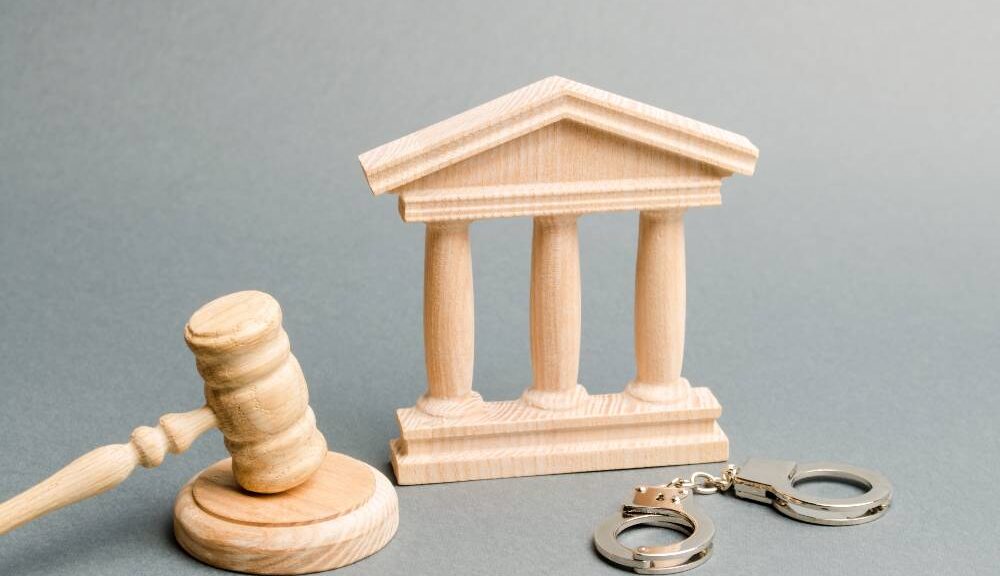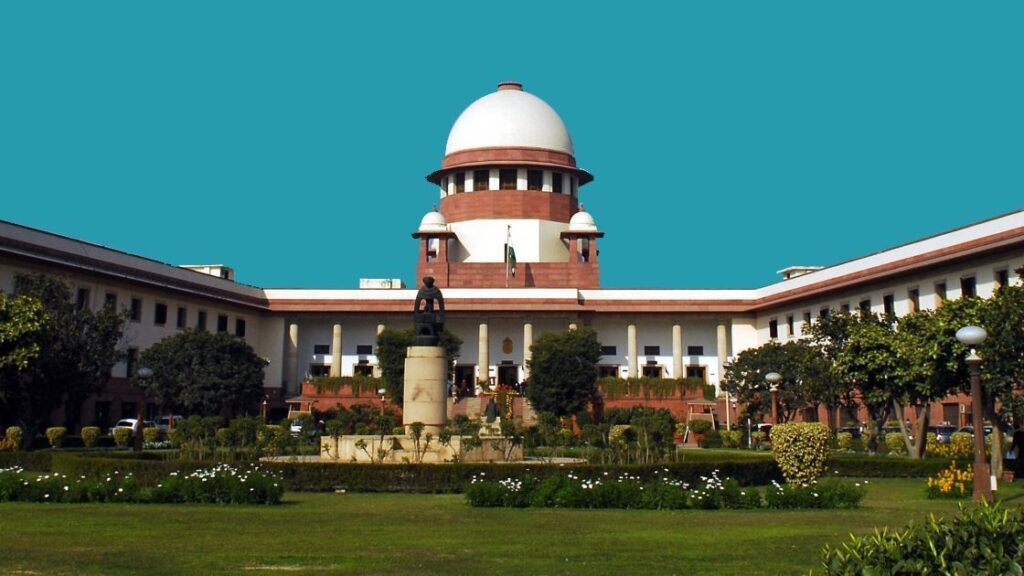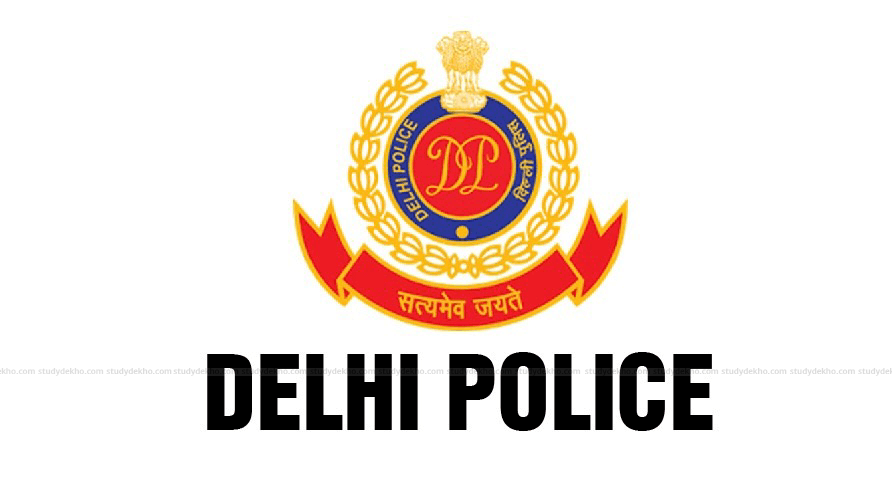
In Supreme Court, Public prosecutors appealed against District Bar Association’s unlawful obstruction
A number of public defenders in Bharatpur, district of Rajasthan, have claimed that the district bar associations and its office-bearers have been unlawfully preventing them from performing their duties during strikes against the National Legal Services Authority’s “Legal Aid Defense Counsel Scheme” being led by a local “Bar Association Committee” and a “Bar Sangharsh Samiti” in the Rajasthani city of Bharatpur. The attorneys have alleged the following in a plea that was listed before a bench chaired by Chief Justice D.Y. Chandrachud on Friday: “The Petitioners, who are employed by the Legal Services Authority as defense attorneys, have neither the desire nor the initiative to participate in the agitation. They have been subjected to verbal abuse and mental torment for a number of days in order to join the protest and assist the bar associations. The Bar Association Committee also overwhelmingly approved a resolution in August 2022 that forbids any association member from applying for the position of defense attorney and orders members who are currently employed to resign from the association or their position.” Abhigya Kushwah, a Supreme Court Advocate-on-Record, filed the complaint.
In a landmark case on professional ethics, Ex-Captain Harish Uppal v. Union of India, AIR 2003 SC 739, the petitioners, Advocates Purna Prakash Sharma, Puneet Kumar Garg, and Madhavendra Singh, have requested the beginning of contempt proceedings against the office-bearers, including the presidents of the bar association, for their “wilful and severe disobedience” to the law. Since the Harish Uppal bench categorically rejected the ability of attorneys to call for a boycott or go on strike, attorneys who have skipped work and impeded the administration of justice have been threatened with harsh disciplinary action or have already received it. Most recently, several lawyers in Odisha had their licenses canceled, and many of them had been detained the previous year for refusing to go back to work. The long-standing demand for a permanent Orissa High Court bench in the state’s western region was at the heart of the protest. The Supreme Court explicitly stated that it would not tolerate the behavior of the recalcitrant groups and attorneys because “it essentially brought the working of the legal system to a standstill, jeopardizing the litigating public,” in a bench chaired by Justice Sanjay Kishan Kaul.
The petitioners in this case have been charged by the Bar Committee Association of “opposing and undermining the movement” as well as “breaking the association.” The office-holders initially gave them a show-cause notice, but after they failed to comply, their memberships were suspended. In order to stop the officeholders from “violating its directives by calling strikes and interrupting the court’s work with the ulterior goal of protesting against the activities of the National Legal Services Authority,” the petitioners are now asking the Supreme Court to intervene urgently. The petitioners have stated that “the combined voice of the associations has failed the National Legal Services Authority and the Rajasthan Legal Services Authority.”
In retaliation for the district’s implementation of the Legal Aid Defense Counsel Plan, attorneys in Bharatpur have been on strike. The bar has been protesting the legal services authorities because of the abrupt implementation of the Legal Aid Defence Counsel Plan in Bharatpur. The associations’ collective leadership voiced opposition to the recruitment process as soon as it began. The petitioners have stated that the convenor and president of the Bar Sangarsh Samiti, as well as the head of the Bar Association Committee, were in charge of the movement.
Initially implemented as a pilot project in sessions courts in a few districts across the nation, this recently introduced scheme, which employs lawyers full-time to exclusively devote their effort to providing legal aid, assistance, and representation to persons accused or convicted of crimes, is gradually expanding to other regions of India as well as to other criminal courts. This differs significantly from the most popular method of providing legal aid, which entails distributing cases to empanelled attorneys who simultaneously run their own private practices.
Written By – Srijan




